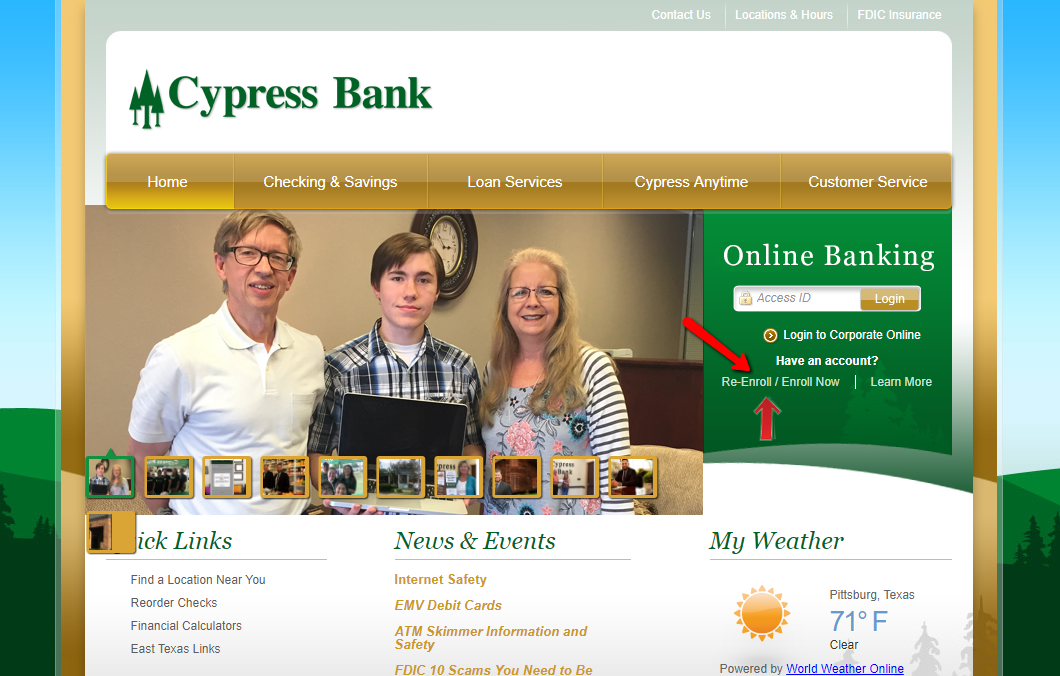Ten Suggestions For Sustainable Wealth/Asset Management Companies/Firms
Here are ten guidelines for your research and decision-making in evaluating sustainable wealth and asset management companies or firms. These guidelines can assist you in coordinating your investment objectives with your financial and personal values. Each suggestion has pros and cons for a an objective evaluation.
1. Consider Fees and Value for ESG Advisory
Tips: Firms that provide sustainable investment options may charge higher fees for research and engagement.
Pros: It allows you to build expertise and impact.
Cons: Fees that are higher may lower return if they are they are not justified.
Review the Minimum investment
Tips: Some ESG firms cater only to high-net-worth individuals or institutions with very high minimums.
Pros: Showing the importance of quality and focus.
Cons: May exclude smaller investors.
3. Look Into Impact Investing Opportunities
Certain companies offer impact funds that allow the capital you have to use directly to fund projects.
Pros: Tangible social/environmental benefit.
Cons: Higher risk and less liquid.
4. Verify for Fossil Energy Exposure
Tips: Request a breakdown of fossil fuels and exposure to industries with high emissions.
Pros: Assures alignment with climate goals.
Cons: A complete divestment can restrict access to profitable industries in the short term.
5. Questions about diversity and inclusion in management
Tips: Ethics-based organizations must be capable of "walk the talk" and also have leadership teams that are diverse with ESG guidelines.
Pros : Reflects genuine value and broad perspectives.
Cons: Diversification on its own doesn't guarantee investment knowledge.
6. Confirm Education and Engagement of Clients
Tips: Look for companies that offer ESG whitepapers, webcasts, and personalized impact report.
Pros: Provides guidance and guidance to clients.
Cons: Excessive for customers who don't want to receive regular updates.
7. Examine if the firm is a Fiduciary
Tips: Choose companies that have a legal obligation to act according to your most ethical and financial interest.
Lower Risk of Conflict of Interest
Cons: Some ESG firms may continue to place a premium on sales over fiduciary duty.
8. Find out about the climate risk scenario plan
Tip: Top-tier firms model portfolio outcomes under various climate change scenarios.
Positives An approach that is proactive to future dangers.
Cons: Models can be uncertain or speculative.
9. ESG Integration in Fixed Income Securities:
You should inquire about how the bonds were chosen. Many companies are now offering green or social bonds.
Pros: Fixed income with an ongoing goal.
Cons: The market is still growing, but with only a few options and standard.
10. Examine Public Commitments and Transparency
Tips: Does this company release sustainability or stewardship reports? Does it take part in Climate Action 100+ or Net Zero initiatives?
Pros
Cons: Any commitments that do not result in or minimal action could still be deemed greenwashing. Check out the most popular sustainable investing for site tips including banks with insurance, banks in minnesota, online bank for business, banks in florida orlando, close banks, banking services online, us bank internet banking, us bank accounts, florida banking, us bank phone number and more.

Melbourne Business Banking Accounts Tips For Melbourne Businesses
Here are 10 suggestions on how to set up a business bank account in Melbourne, Florida. They include thorough descriptions as well as pros and cons and comprehensive explanations. This includes everything from choosing the right bank to optimizing your business banking experience within the local context.
1. Create Multi-User Access as well as Role Controls
Tip Assigning custom roles to employees or accounting personnel will allow them to access accounts.
Pros: Improves accountability and security.
Pros: Not every banks have roles that are customizable.
2. Start a Business Money Market or Savings Account
Tips: Save money in your savings account to build reserves or to store idle capital.
Pros: Earn interest, support financial stability.
Cons: May have to establish high minimum balances or limit transfer.
3. You can locate cash deposit-friendly banks by searching for them.
Be aware of the limits and fees that apply to cash deposits if you run your business heavily on cash (e.g. retail, food services, etc.).
Secure and quick deposit.
Cons Certain banks charge a fee to handle cash over certain thresholds.
4. Use Positive Payments and Fraud Identification Tools
You can avoid fraud by using the fraud prevention programs offered by banks like Regions Bank and Wells Fargo.
Reduces fraud risk and unauthorized withdrawals.
Pros The majority of these features are included with the premium account or as add-ons.
5. Check for FDIC Insurance or NCUA Insurance
Tip: Check that your bank account is covered up to $250,000 by the federal government per entity and for each bank.
Pros : Financial safety, compliance.
Cons: Businesses with greater cash reserves need to spread their funds.
6. Understanding Wire Transfer and ACH Fees
Tip: Compare domestic/international wire fees and ACH origination fees if you pay suppliers or contractors electronically.
Cons Paying recurring amounts are not easy to manage.
Cons: Fees are variable and small banks might not be able to accept ACH the origination.
7. Find a dedicated Business Banker
Tips: Build a relationship with a banker who is experienced and understands your industry and goals.
Benefits: Faster service Expert advice, faster loan application.
Cons: Larger banks may not provide personal bankers to small-sized businesses.
8. Take a look at a business credit card expense management
Tips: Banks in Melbourne provide business cards that offer rewards, cash back, or travel benefits.
Pros: Helps create credit for business and helps track expenses.
Cons: If you do not pay every month, your APR can be very high; you may need an individual guarantee.
9. Ask About Community Support Programs
Tip A lot of community banks offer support to local businesses in the kind of sponsorships, grants or events for networking.
Pros: Great for exposure and goodwill.
Cons: The programs might be restricted to specific sectors and/or non-profits.
10. Be prepared by ensuring you have the correct documentation
Tips: Bring your EIN, Articles of Incorporation (AIC), business license and operating agreement with you when you open an account.
Pros: Avoids delays in set-up.
Cons: Incomplete documents can stall or block account approval. See the top bank near me in Melbourne FL for blog advice including bank loans, top banks for investment banking, trust bank customer service, great north bank, banking services online, name of banks, united bank online, define banking, first online bank, best rated online bank and more.

Comments on “20 New Facts For Picking Business Asset Management Planning”